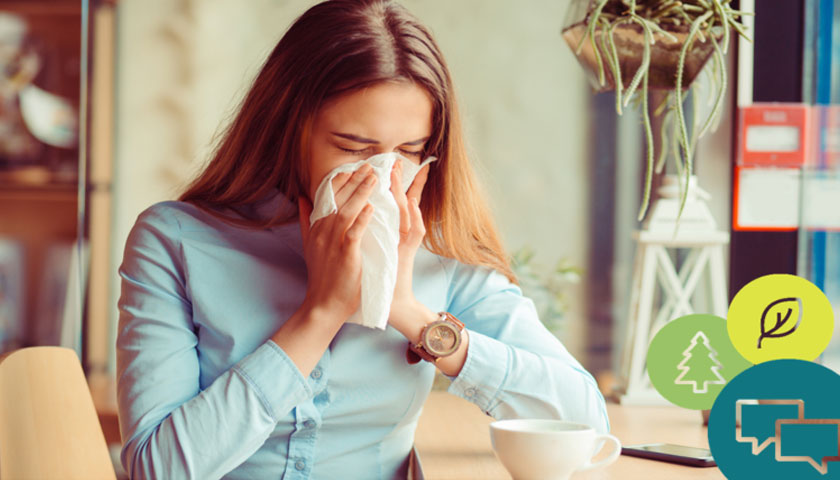The ASA/CAP have released a post called: Spring clean your ‘allergy’ advertising. I have enclosed the text of the link below, but please have a look at the ASA/CAP site as there are lots of things of interest to anyone with an interest in Ethical Marketing.
Over the years, the ASA and CAP have seen marketers offer a variety of products and therapies to either “treat” or “relieve the symptoms of” hay fever and associated conditions. Whatever is being advertised, it’s important to hold the right evidence to support the claim. Here’s our advice on spring cleaning your allergy advertising.
Medicines and medical devices
Claims that a product can “cure”, “prevent”, “fight” or “treat” an allergy are likely to be considered medicinal claims and making those types of claims for an unauthorised product risks breaking rules in Section 12.
Medicines need to be licensed by the MHRA and any claims you make must be in line with the summary of product characteristics (SPC). Similarly, devices which claim to “treat” or “prevent” allergies or screen or diagnose allergic reactions, could amount to claims for a medical device. Medical devices need to be certified with an appropriate CE marking from a Notified Body and evidence must be held to support any efficacy claims.
If you are unsure about the definition of your product, you should contact the Medicines and Healthcare products Regulatory Agency (MHRA).
Herbal remedies and food supplements
Herbal remedies, just like any other medicine, need to be licensed by the Medicines and Healthcare products Regulatory Agency (MHRA) and any claims would need to be limited to what appears on the Summary of Product Characteristics (SPC). Ads for herbal medicines also need to include mandatory information required by the MHRA’s Blue Guide.
It’s important to remember that disease prevention claims for a food or food supplement will break rule 15.6.2. The ASA has, for example, ruled against claims like “Your natural way to prevent springtime sneezes” in ads for food supplements because they implied that the product would prevent hay fever.
Alternative and complementary therapies
The ASA has looked into claims that various complementary therapies including acupressure, acupuncture, The Bowen Technique, body resonance and homeopathy can treat hay fever and other allergies but has yet to see robust, persuasive evidence in support of their efficacy. For further guidance on substantiation for health, beauty and slimming claims – see here.
Removing allergens
The ASA and CAP accept that in theory, products such as washing machines, air filters/purifiers and vacuum cleaners can remove some allergens. However, in order to make such claims, marketers need to hold robust evidence (Rule 3.7). Similarly, claims that air/room sprays purify the air and remove allergens must be supported by robust evidence. Claims that devices like vacuum cleaners or air purifiers can ‘treat’ or ‘prevent’ allergies or allergic reactions as a result of the removal of allergens, may render the product a medical device.
For further guidance, not to be sneezed at, this e-learning module offers in-depth training on health, medicine and medical devices and our Copy Advice team can offer a helping hand for your non-broadcast ads. You can also read more here.

